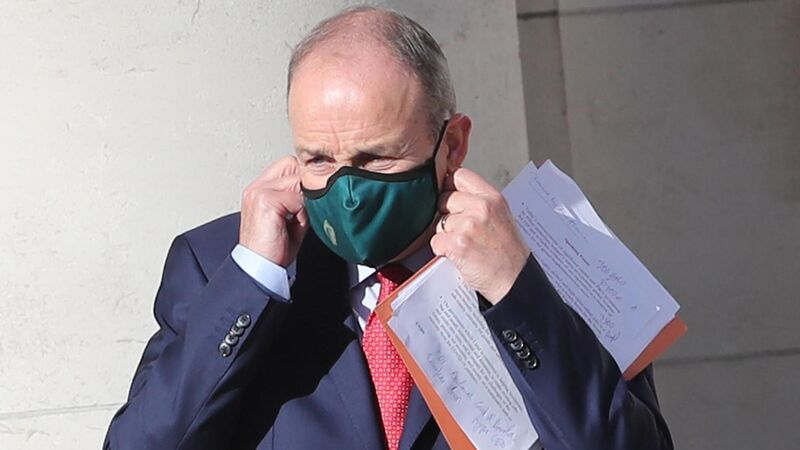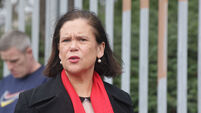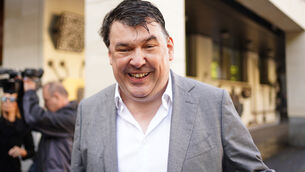Daniel McConnell: Under pressure Micheál Martin facing internal and external battles

Taoiseach Micheál Martin outside Government Buildings earlier this week. Picture: Niall Carson/PA Wire
A party leader taking some flack from his TDs and Senators is nothing new and Micheál Martin is certainly no stranger to taking heat from his troops.
Since he ascended to the position of leader in 2011, he has endured rather than enjoyed the dynamic with his elected members of the Oireachtas.












